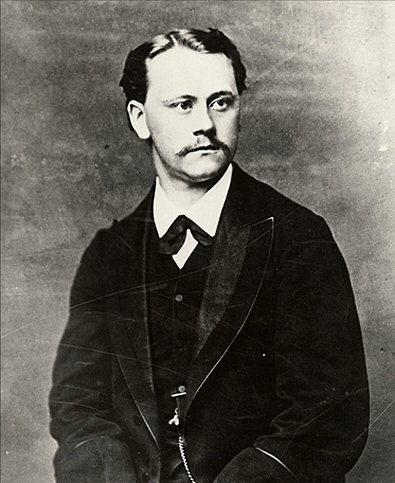Introduction:
Welcome to the world of Henri Duparc, a celebrated composer whose creations continue to captivate audiences around the globe. Born into a prosperous French family in 1848, Duparc’s life was marked by both triumph and tragedy, ultimately leading to a unique musical legacy. In this blog, we delve into the fascinating biography of this enigmatic composer, exploring his early life, artistic development, notable works, and the enduring impact he has had on the world of classical music.
Early Life and Artistic Beginnings:
Henri Duparc was born on January 21, 1848, in Paris, France. He was raised in a privileged environment and showed an early aptitude for music. His parents, recognizing his talent, provided him with a comprehensive musical education. Duparc studied piano under the tutelage of César Franck and later trained as a baritone under the renowned Charles-Auguste de Bériot.
Musical Development and Influences:
Duparc’s artistic development was profoundly influenced by the Romantic era, particularly the works of Richard Wagner and Franz Liszt. His compositions displayed a distinct blend of Germanic musical aesthetics with the refined traditions of French music. Although Duparc drew inspiration from his contemporaries, he developed a unique style characterized by rich harmonies, evocative melodies, and a profound emotional depth.
Notable Works:
Despite his relatively brief compositional career, Duparc left a lasting impression on the music world. Among his most famous compositions are his mélodies, or art songs, which exemplify his gift for lyrical expression. Notable works include “L’invitation au voyage,” “Chanson triste,” and “Phidylé,” which showcase Duparc’s ability to convey profound emotions through his music. These mélodies continue to be cherished and performed by vocalists worldwide.
Tragic Decline and Withdrawal from Composition:
Despite his early success, Duparc’s career took a tragic turn. Struggling with self-doubt and depression, he experienced a creative block that led to his withdrawal from composition at the age of 37. Duparc destroyed many of his unpublished works, leaving behind only a handful of completed compositions. This marked the premature end of a promising career and left a void in the classical music scene.
Legacy and Influence:
Though Duparc’s compositional output was limited, his impact on the world of music cannot be understated. His mélodies, despite their small number, are regarded as masterpieces of the genre. Duparc’s ability to infuse his music with profound emotions and his meticulous attention to detail continue to inspire composers and performers alike. His works have influenced subsequent generations of composers, including Claude Debussy and Maurice Ravel, who drew inspiration from Duparc’s innovative harmonic language.
Conclusion:
Henri Duparc’s biography is a tale of both brilliance and tragedy, illustrating the complexities of the creative process. His compositions, though few in number, exemplify his remarkable talent and artistic vision. Duparc’s mélodies continue to enchant audiences, and his legacy as a composer remains an essential part of the classical music canon. As we explore the life and works of this enigmatic composer, we gain a deeper appreciation for the enduring power of music and the profound impact it can have on our lives.


Comments are closed